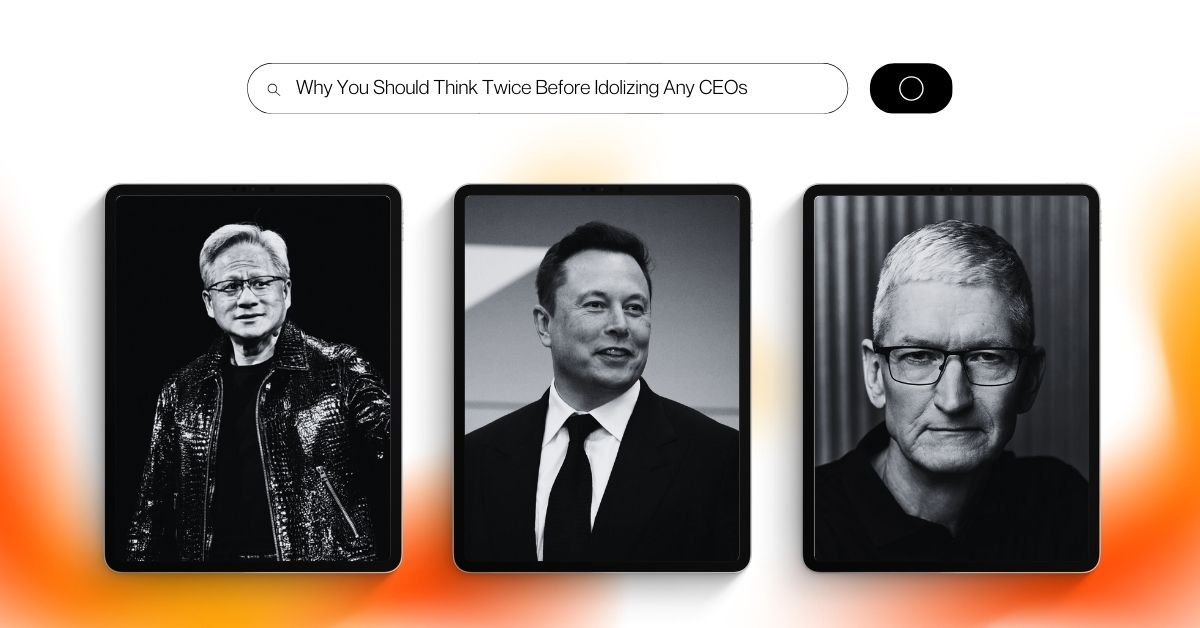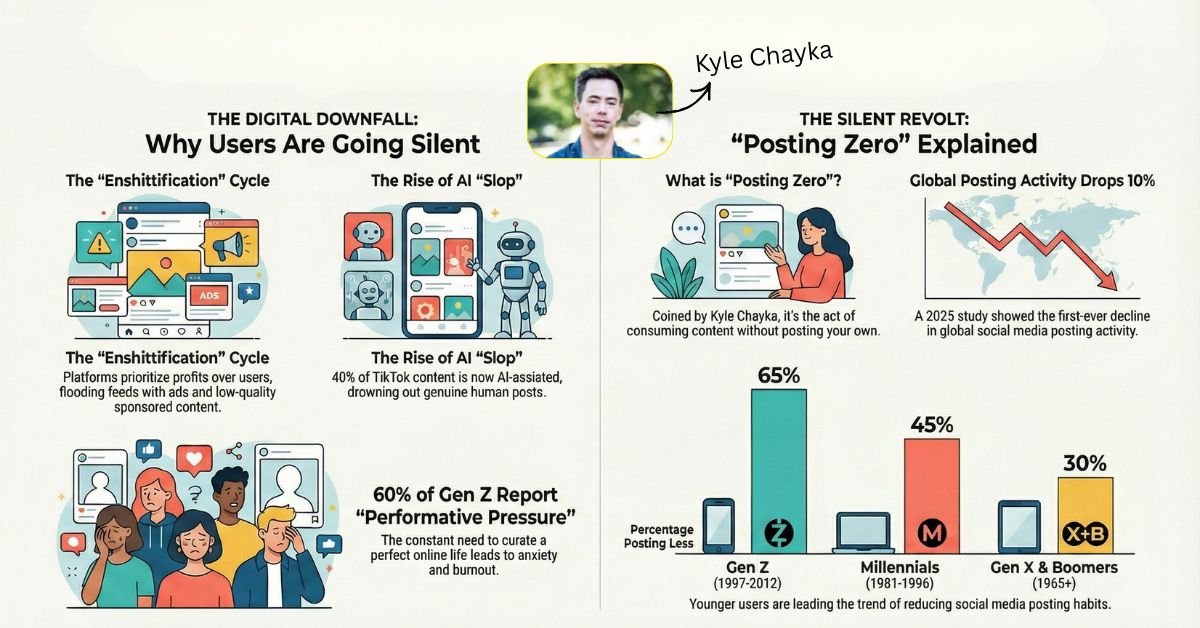Table Of Contents
Political Ideologies
Understanding different political ideologies is more important than ever in today’s fast-changing political environment.
This allows you to develop well-informed opinions and fosters open-mindedness and empathy toward others’ perspectives.
In this guide, we will take you through seven essential steps to deepen your understanding of political ideologies and help you navigate the political landscape in your country and beyond.
1. Know Your Political Ideology
Reflecting on your beliefs is crucial before exploring the complexities of various political ideologies.
Often, we adopt ideologies based on what we have heard from family, friends, or even social circles without thoroughly questioning or understanding them.
Take a moment to ask yourself: Why do I believe what I believe?
Are your views based on personal research or inherited ideas?
You lay the groundwork for exploring other perspectives by identifying your political stance.
Doing so can help clarify your values and how they align with political frameworks.
Pro Tip: Read up on major political philosophies, like liberalism, conservatism, socialism, and libertarianism, to see which aligns most closely with your values.
2. Identify Relevant Political Ideologies in Your Country
Every country has its unique political spectrum.
While two significant ideologies dominate some nations, others have a multi-party system representing various viewpoints.
It is essential to know which political ideologies are most relevant where you live and how they impact society.
In some cases, political ideologies within a single party can vary.
Factions with slightly differing beliefs may influence national politics significantly.
Understanding these distinctions will help you better appreciate where different parties and leaders stand on key issues.
Pro Tip: Watch smaller or emerging parties. They often introduce new ideas that may influence more significant political movements over time.
3. Dive Into the History of Political Ideologies
Understanding the historical context behind political ideologies is critical to grasping how modern politics has evolved.
History provides the why behind today’s political beliefs, from the writings of influential philosophers like Plato, Locke, and Marx to the events that shaped political thought (such as revolutions or reforms).
When you research political parties’ origins and ideologies, you will often find that their initial goals have shifted.
This exploration can even lead you to question the relevance of some traditional ideologies in the modern world.
Pro Tip: Research critical moments like the Enlightenment or the Industrial Revolution to better understand the development of political ideologies.
4. Research Current Political Parties
Once you have explored the historical roots, it is time to study the current political landscape.
This means diving into the platforms, policies, and core values of the major political parties in your country.
Do not limit your research to just one party—exploring various parties will give you a balanced perspective.
Most political parties have official websites where they share their manifestos, goals, and stances on pressing issues.
Take the time to read through these documents and understand their vision for the future.
Additionally, pay attention to the leaders of these parties and their motivations—politicians’ backgrounds often reveal a lot about the direction they intend to take.
Pro Tip: Compare party platforms during election periods and regularly to see how they evolve in response to societal shifts and global events.
5. Engage Directly with Politicians and Political Resources
They engage directly with political representatives to take your research to the next level.
Many politicians welcome letters or emails from the public, offering a direct line to ask questions or request more information.
Most political parties are willing to provide literature or resources on their policies and goals.
This kind of engagement can provide deeper insights into their ideologies and motivations.
Hearing directly from politicians can give you a clearer sense of how they plan to address the issues that matter to you.
Pro Tip: Attend local political town halls, debates, or events where you can interact with politicians and hear their views firsthand.
6. Conduct Your Polling and Discussions
One of the most effective ways to broaden your understanding of political ideologies is to engage in meaningful discussions with people around you.
Talk to family, friends, and colleagues who are politically active and ask them what drives their political beliefs.
What ideologies resonate with them, and why?
These conversations can offer new perspectives and help you challenge your assumptions.
Keep an open mind, and be prepared to encounter a range of opinions—this is where the learning truly happens.
Pro Tip: Do not shy away from debates, but always approach them with respect and the intent to learn.
7. Analyze and Reflect on Your Findings
Finally, it is time to bring everything together.
After conducting your research and discussions, take a step back and analyze your findings.
How do your beliefs compare with the ideologies you have researched?
What have you learned about other political viewpoints?
This reflection process is critical for forming well-rounded opinions.
Remember, politics is not an exact science—it is subjective, nuanced, and deeply personal.
Based on facts and thoughtful analysis, your conclusions will empower you to engage more confidently in political discourse.
Pro Tip: Keep revisiting your understanding of political ideologies. Politics is ever-changing, and new developments can reshape your views over time.
Conclusion
Understanding political ideologies requires patience, research, and an open mind.
These seven steps will deepen your political knowledge and appreciate the diverse perspectives shaping the world around you.
Whether debating with friends, voting in elections, or simply wanting to be a more informed citizen, having a clear grasp of political ideologies will equip you for thoughtful engagement in any political discussion.






